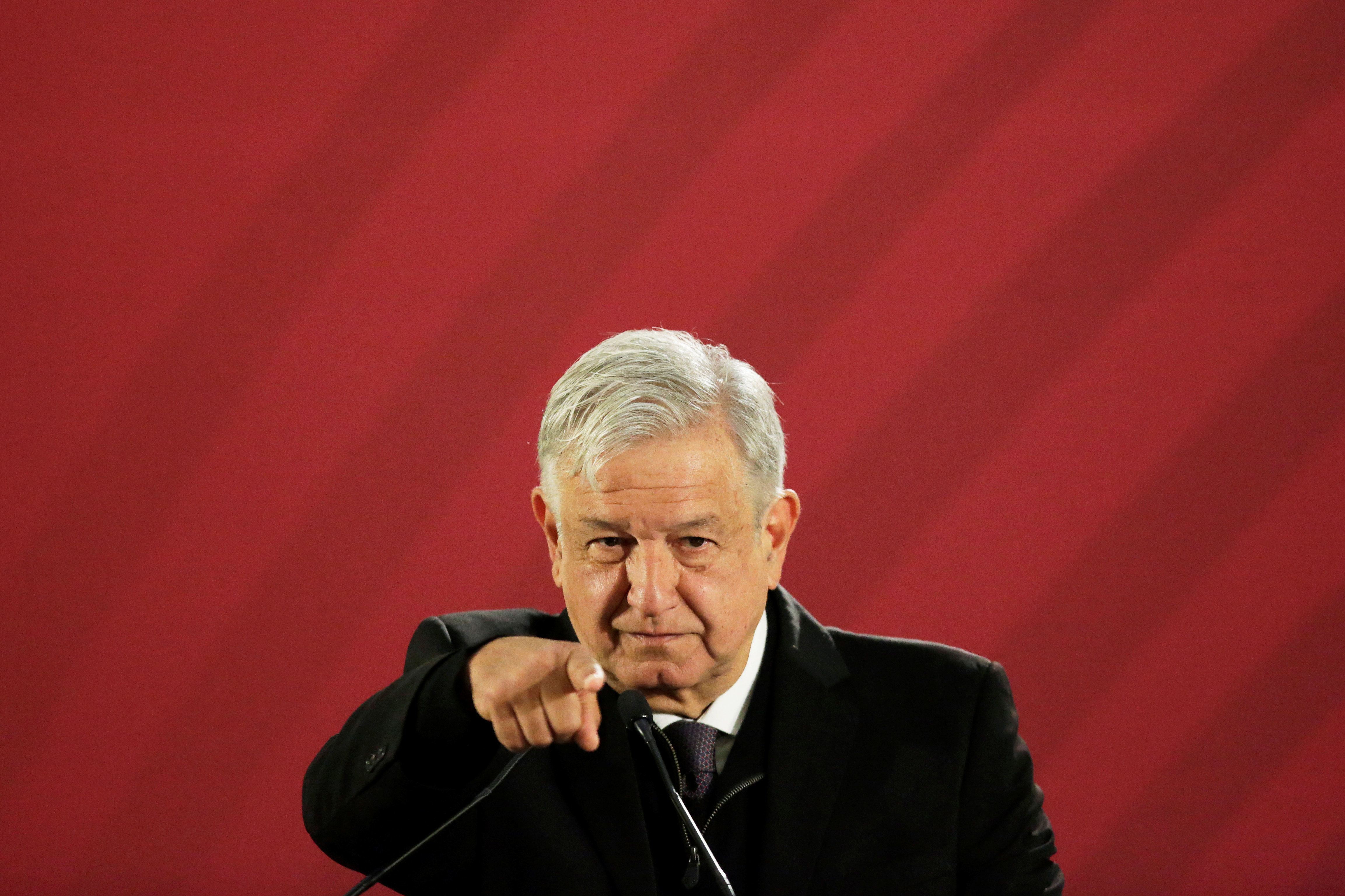Andres Manuel Lopez Obrador (widely known as AMLO) was elected Mexico's president on the promise to bring about a "peaceful but radical transformation."
Unfortunately, as "change agents" often do, he's struggling with the transition from campaign poetry to the prose of governing. In just six weeks as president, he's made three noteworthy rookie mistakes.
Mistake #1 – Forgetting that plans have unintended consequences. Criminal gangs steal large quantities of gasoline from Mexico's pipelines. It's a growing problem that deprives the government of much-needed revenue and forces prices higher for consumers. The country suffered 10,363 pipeline thefts last year, up from just 186 in 2012, according to the state oil company Pemex.
AMLO has responded with a temporary pipeline shutdown intended to help investigators locate trouble spots. Instead of transiting the country by pipeline, gasoline is now being directed toward consumers by truck. The unsurprising result? Furious citizens faced with a serious gasoline shortage across a half-dozen of the country's provinces. Lopez Obrador then told the public not to panic, a sure way to instantly lengthen lines at the pump. Shortages will likely continue for (at least) several weeks.
Mistake #2 – Undermining the ability of your own government to execute your ambitious plans. Lopez Obrador won the election in part on a promise to use the power of government to improve people's lives – by encouraging the private sector to boost wages and reasserting control over Mexico's natural resources. But to cut wasteful spending, his Morena party has approved a law that prevents any public employee from earning more than the president ($5,000 per month).
Not surprisingly, significant salary and benefit cuts have persuaded many public employees to move to the private sector or to simply retire. Effective reform requires talented people who understand the systems that need to be changed. Hollowing out the bureaucracy might save money, but it directly undermines the president's government-centered approach to problem-solving.
Mistake #3 – Telling voters that terrible problems aren't so bad. According to the newspaper Reforma, the number of murders committed by criminal gangs rose 65 percent from the last month of the previous president's term to the first month under Lopez Obrador. The president pushed back by questioning the statistics' reliability. Homicide numbers, he insists, should include all murders, not just those committed by organized crime.
Fair enough, and Reforma can fairly be accused of sensationalizing numbers that may later need to be revised, but the government's quibbling response doesn't build confidence that Lopez Obrador recognizes the scale of this deadly problem.
The bottom-line: Transformational attention requires as much careful thought as political courage.
